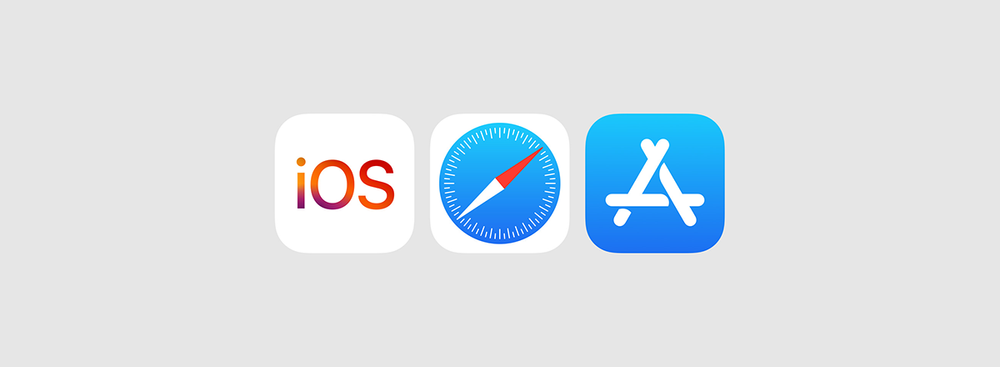Apple has announced significant changes to its iOS, Safari, and the App Store to comply with the European Union's Digital Markets Act (DMA), which is set to take effect in March. The DMA will bring the most significant changes to the iPhone's app ecosystem since the launch of the App Store in 2008.

The most notable change is the introduction of third-party app stores for iOS in the EU, breaking the App Store's exclusive distribution status. Users will be able to download approved alternative app marketplaces and set them as the default option on their devices. Developers can also choose to use third-party payment systems without paying an additional fee to Apple.
To maintain security, all apps must be "notarized" by Apple, and distribution through third-party marketplaces will be managed by Apple's systems.

Apple is also introducing new fee structures under the DMA. Apps distributed through the App Store using an alternative payment system will pay a reduced commission of 17% (or 10% for eligible small businesses), with an additional 3% fee for using Apple's payment processing system. A Core Technology Fee of €0.50 per annual app install will apply after one million installs in the EU.
The DMA is the EU's effort to address anticompetitive practices by tech giants, designating them as "gatekeepers" and imposing various obligations, including third-party app installations, interoperability with rivals, and fair ranking in app stores.














